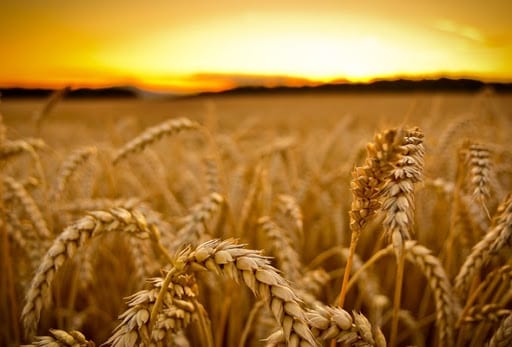
Fertile Soil
In the Gospels, the Parable of the Sower is one of two parables which Jesus explained to His disciples (cf. Matthew 13:1-9, 18-23; Mark 4:1-9, 14-20 and Luke 8:4-8, 11-15). The other is the Parable of the Weeds (cf. Matthew 13:24-30, 36-43).
With regards to the Parable of the Sower, one commentary explains that in Jesus’ time, people often sowed the seed first and then plowed the fields. As a result of this planting method, much of the seed is scattered on unsuitable ground like pathways, rocky ground and thorn bushes. Yet, while a lot of seed is wasted in this way, the seed that falls on fertile ground bears abundant fruit.
What does the seed represent in the Parable of the Sower? Jesus Himself explained: “The seed is the word of God.” (Luke 8:11) For many people, this parable shows the many different levels of response that people have towards the word of God. According to the explanation of the parable, some hear the word of God but do not believe; some hear the word of God and receive it with joy, but they believe only for a limited time and fall away; some hear the word of God and say to themselves that they believe, but their anxieties, riches and the pleasures of life prevent them from becoming fruitful.
In contrast, like the rich soil, there will be some who, when they hear the word of God, “embrace it with a generous and good heart, and bear fruit through perseverance.” (cf. Luke 8:15) Let us look back at the Book of the prophet Isaiah; thus says the LORD: “Yet, just as from the heavens the rain and snow come down and do not return there till they have watered the earth, making it fertile and fruitful, giving seed to the one who sows and bread to the one who eats, so shall my word be that goes forth from my mouth; It shall not return to me empty, but shall do what pleases me, achieving the end for which I sent it.” (Isaiah 55:10-11)
The point of the parable is that, despite the fact that some people may not believe, retain the faith or become productive in their faith, there will still be those who will live out the word of God fruitfully in their lives. These are the people of whom the Book of Isaiah speaks of: they are the ones in whom the word of God will not return empty, for they will do what pleases God, and they will achieve the purpose for which God sent His word to them. Living out the word of God fruitfully may occur in a person’s spiritual life and/or outward works of charity; e.g., obeying the commandments, avoiding sin, deepening one’s faith and trust in God, treating others justly and fairly, doing the right thing, and being merciful and generous to others. For Christians, living out the word of God fruitfully is not optional; it is something that a disciple of Christ must desire and practice in life.